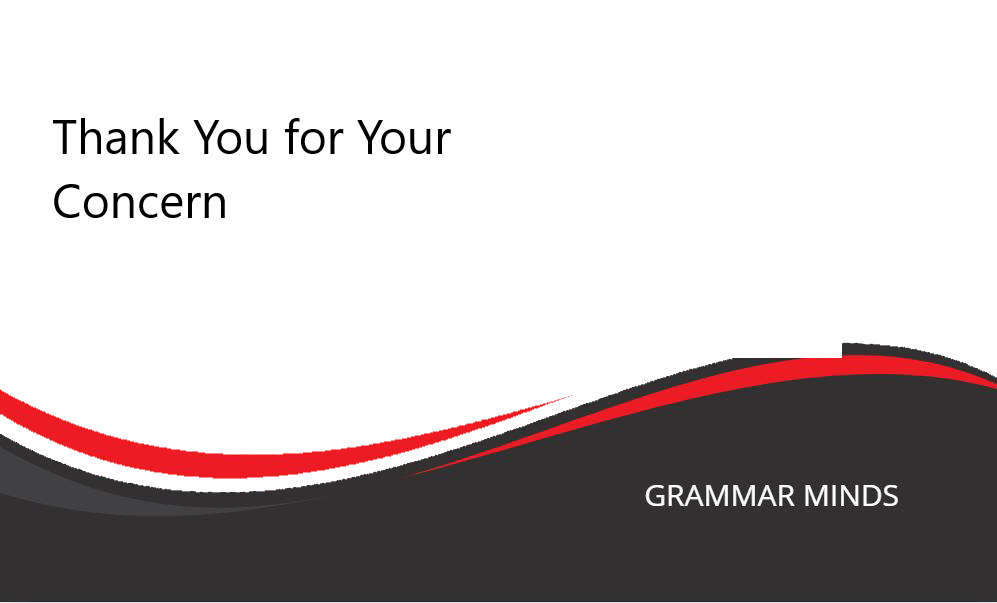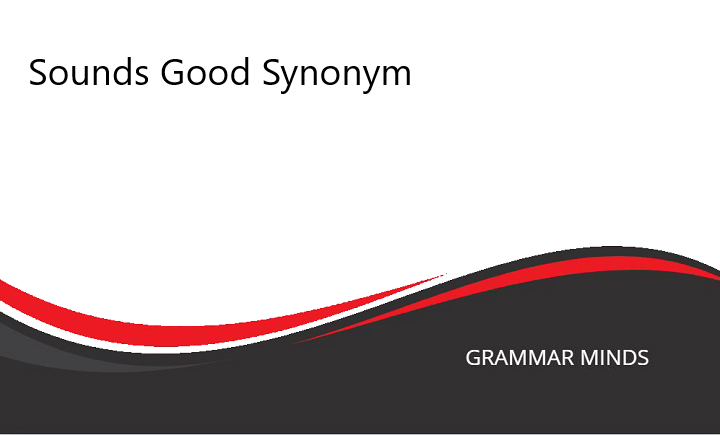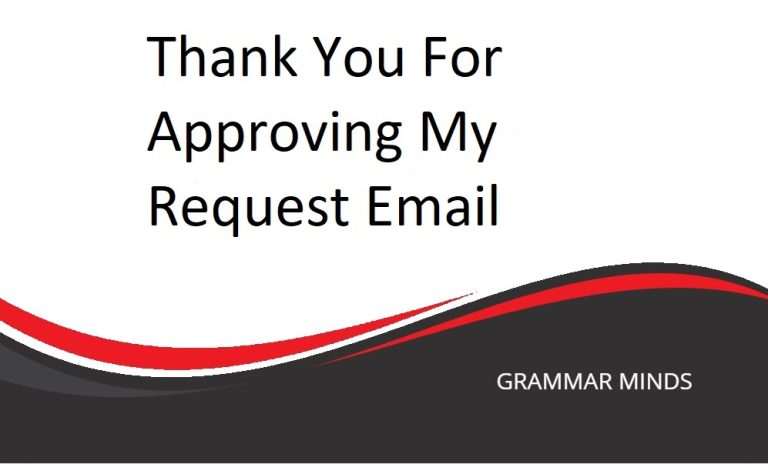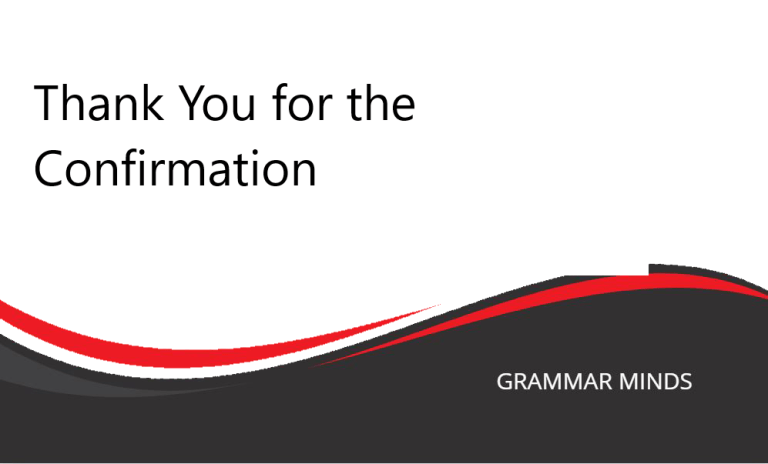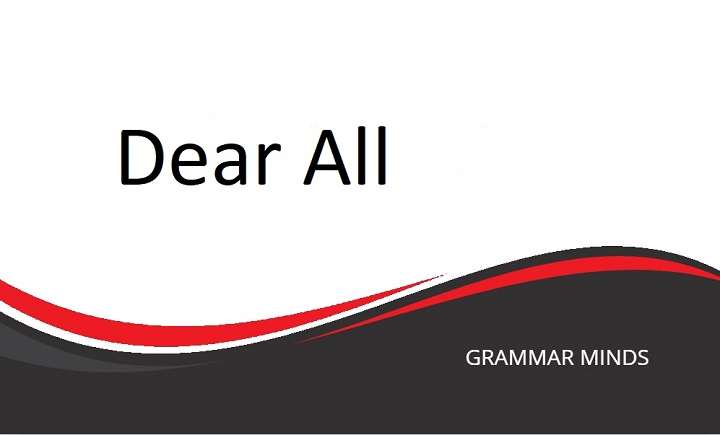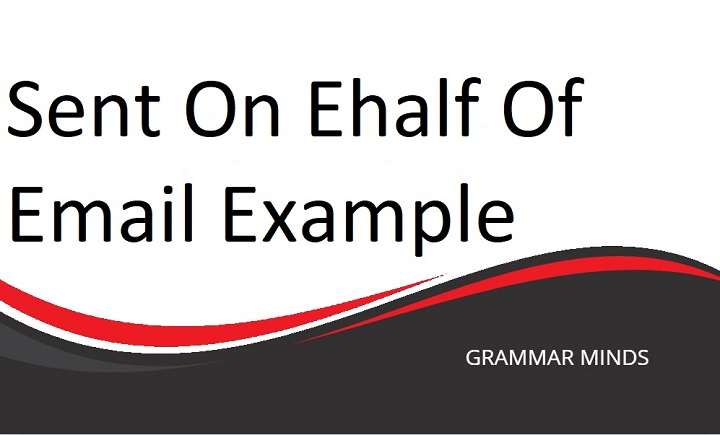The phrase “thank you for your concern” is a commonly used expression in both personal and professional communication. It’s a polite way to acknowledge someone’s care, interest, or worry about your well-being or situation. However, have you ever found yourself repeating this phrase too often and wondering if there’s a better or more varied way to express the same sentiment?
Using the same expressions repeatedly can make your language sound monotonous. Whether you’re writing an email or speaking in person, it’s always helpful to have a variety of phrases to keep your communication fresh and engaging.
If you find yourself frequently using the phrase “thank you for your concern,” and are tired of the repetition, don’t worry! In this article, we’ve compiled a list of alternative phrases that you can use to mix things up and sound more varied in your conversations.
Other Ways to Say “Thank You for Your Concern”
There are many ways to express gratitude and appreciation without always resorting to “thank you for your concern.” Here are some excellent alternatives that can help you diversify your language:
I Appreciate Your Concern
This phrase is a polite and respectful alternative that works in both formal and informal settings. It acknowledges the other person’s care while adding a personal touch.
Your Thoughtfulness Means a Lot
This phrase emphasizes the emotional value of the concern someone has shown. It’s a good way to express genuine appreciation in personal conversations.
Thank You for Thinking of Me
If you’re looking for a more casual alternative, this phrase is ideal. It conveys the same sentiment but sounds more conversational.
I Am Grateful for Your Concern
This is a more formal and slightly more sophisticated way to express gratitude, making it suitable for professional contexts, especially in emails.
Your Support Is Truly Appreciated
By adding the word “support,” this phrase highlights not just the concern but also the backing that someone provides, making it perfect for conversations where you’ve received tangible help.
I Truly Value Your Concern
This alternative adds depth to the appreciation, indicating that the concern expressed by the other person holds significant meaning to you.
Your Kindness Is Appreciated
Here, you’re not only thanking the person for their concern but also acknowledging their kindness, which adds an additional layer of appreciation.
I’m Touched by Your Thoughtfulness
This is a more emotionally charged alternative, which works well when someone has gone above and beyond in showing their concern for you.
Thank You for Caring
Short and sweet, this phrase cuts to the heart of the sentiment and works well in informal conversations.
I Appreciate Your Thoughtful Gesture
When someone shows concern through their actions, this phrase works perfectly to express gratitude for their specific gestures.
Key Notes
“Thank you for your concern” is grammatically correct and suitable for both formal and informal situations. However, using it frequently can sometimes feel repetitive or basic. It’s essential to have alternative phrases handy, especially if you’re communicating with the same group of people regularly. The phrases listed above offer slight nuances that make them suitable for different contexts.
For example:
- You can use “I appreciate your concern” in formal settings like emails or professional conversations.
- “Your thoughtfulness means a lot” is an excellent alternative in more informal, personal contexts.
- “Thank you for thinking of me” works wonderfully when you’re conversing with friends or close colleagues.
By varying your language, you’ll not only sound more engaging but also convey a more personalized touch in your communication.
How to Use These Alternatives
Let’s explore how each of these phrases can be used in everyday communication, both formally and informally, with specific examples.
I Appreciate Your Concern
Usage:
If you’re looking for a more formal way to say “thank you for your concern,” try using “I appreciate your concern.” This alternative adds a touch of sophistication, making it ideal for professional environments such as emails or meetings.
Example (in an email):
Dear Ms. Stevens,
Thank you for reaching out. I appreciate your efforts to address this matter promptly.
I appreciate your concern and look forward to working together on a resolution.
Best regards,
John Smith
Your Thoughtfulness Means a Lot
Usage:
This is a perfect phrase for informal or personal settings where you want to express a deeper sense of appreciation.
Example (in conversation):
Hey Alice,
I just wanted to say your thoughtfulness means a lot. I’ve been really stressed, and your kind words truly helped.
Thank You for Thinking of Me
Usage:
This alternative is ideal for more casual exchanges where the concern expressed is sincere but doesn’t necessarily require formal language.
Example (in conversation):
Hi Mark,
Thank you for thinking of me. I really appreciate you checking in during such a busy time.
I Am Grateful for Your Concern
Usage:
A more formal version of the original phrase, this alternative works well in professional correspondence.
Example (in an email):
Dear Mr. Thompson,
Thank you for your input on the recent project changes.
I am grateful for your concern and will ensure we address your feedback in the upcoming meeting.
Best regards,
Laura Mitchell
Your Support Is Truly Appreciated
Usage:
This phrase is perfect when someone has not only shown concern but also provided support in some way.
Example (in conversation):
Hi Sarah,
Your support is truly appreciated during this time. I don’t know what I would have done without your help.
I Truly Value Your Concern
Usage:
This phrase works well when you want to emphasize the value of someone’s concern, whether in personal or professional contexts.
Example (in conversation):
Hey Jack,
I just wanted to say that I truly value your concern. Your advice means a lot to me, especially right now.
Your Kindness Is Appreciated
Usage:
This is an excellent choice when you’re thanking someone for more than just their concern, such as their overall kindness.
Example (in conversation):
Dear Mary,
Your kindness is appreciated more than words can say. I’ll never forget how much you’ve helped me.
I’m Touched by Your Thoughtfulness
Usage:
This is an excellent phrase to use when someone’s concern has had a profound emotional impact on you.
Example (in conversation):
Hey Emma,
I’m really touched by your thoughtfulness. You’ve been so considerate, and it’s helped me get through this tough time.
Thank You for Caring
Usage:
Simple and to the point, this is a great phrase for informal conversations.
Example (in conversation):
Hey Mike,
Thank you for caring. I really needed that support today.
I Appreciate Your Thoughtful Gesture
Usage:
When someone has shown their concern through action, this phrase acknowledges both their thought and their deed.
Example (in conversation):
Hi Rachel,
I appreciate your thoughtful gesture in bringing me lunch today. It was exactly what I needed to get through the day.
Is It Correct to Say “Thank You for Your Concern”?
Yes! “Thank you for your concern” is grammatically correct and suitable for both formal and informal settings. It’s a versatile phrase that can be used in professional emails, conversations with colleagues, or casual chats with friends. However, as mentioned earlier, using synonyms or alternative phrases like those we’ve discussed will help you keep your language fresh and avoid sounding repetitive.
You Can Also Try Slight Variations
Apart from the alternatives mentioned, here are a few variations that are equally effective:
- “Thank you for your care.”
- “I’m thankful for your thoughtfulness.”
- “I deeply appreciate your concern.”
Also Read:
Have a Great Weekend Team: Alternative Ways to Keep It Fresh and Engaging
In conclusion, “thank you for your concern” is a perfectly acceptable and grammatically correct phrase, whether you’re using it in a formal or informal setting. However, the alternative phrases provided in this article will help you diversify your vocabulary and communicate more effectively in different contexts. By using these phrases, you’ll sound more engaging, thoughtful, and expressive in your communication, whether it’s through email, conversation, or written correspondence.

